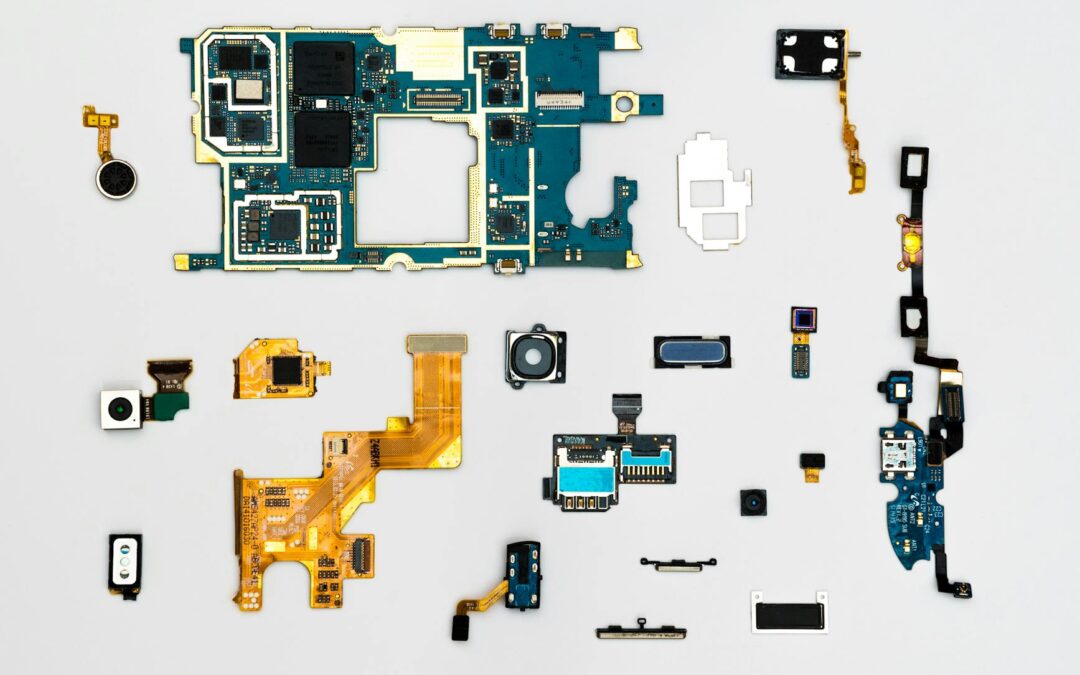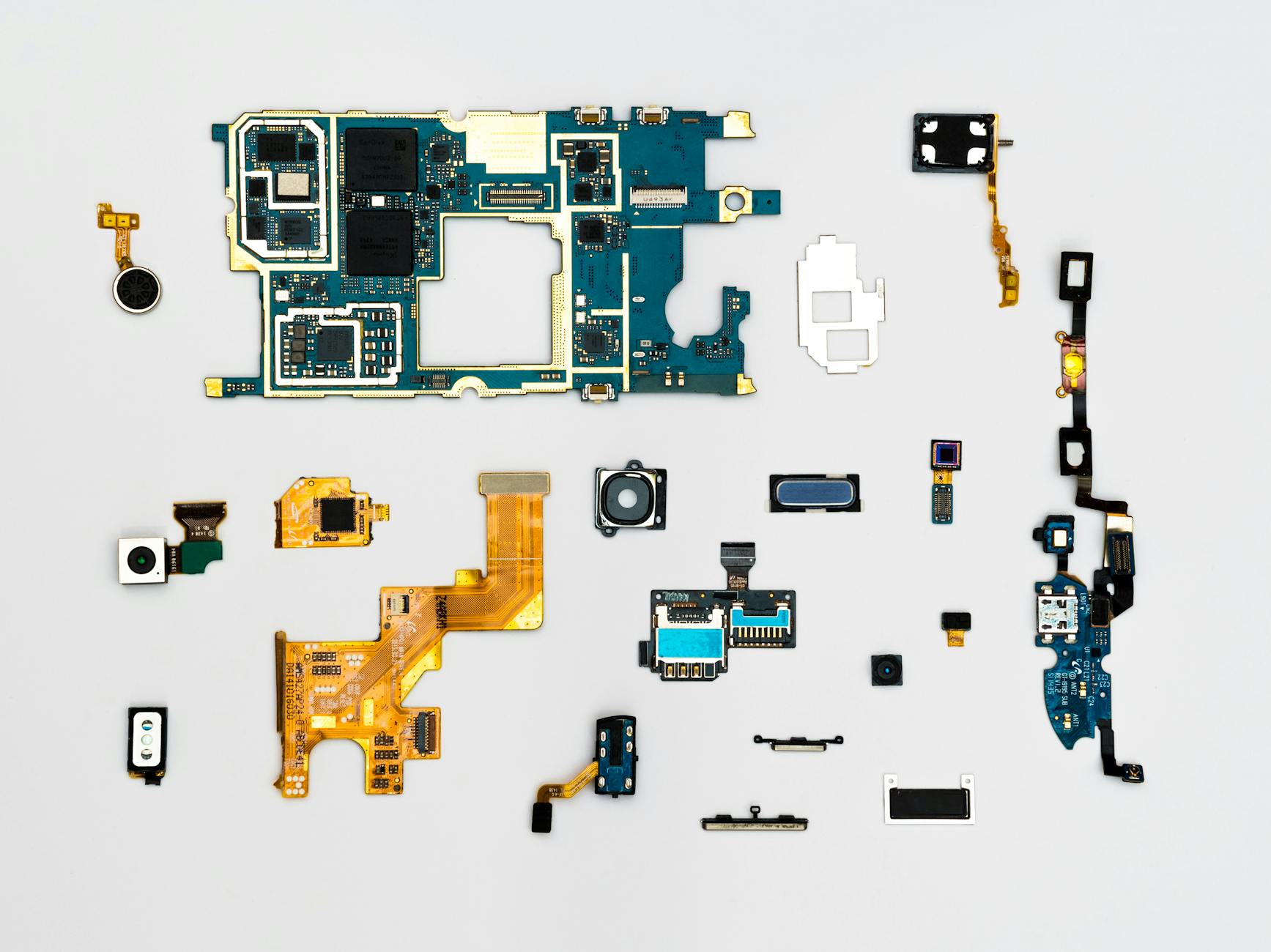Uncover the fascinating history and modern-day impact of artificial intelligence in our latest blog post on The Rise of the Machines.
Table of Contents
Artificial Intelligence, or AI, has become a buzzword across industries as advancements in technology continue to reshape the way we live and work. From virtual assistants like Siri and Alexa to self-driving cars and personalized recommendations on streaming platforms, the applications of AI are vast and growing. In this blog post, we will delve into the historical context of AI, its current applications, benefits, challenges, and ethical concerns, as well as its future direction and the potential risks of a Skynet-like scenario.
Introduction to AI
AI can be defined as the simulation of human intelligence processes by machines, typically computer systems. This includes tasks such as learning, reasoning, problem-solving, perception, and language understanding. The goal of AI is to create systems that can perform tasks that normally require human intelligence.
Basic concepts and principles of AI include machine learning, natural language processing, neural networks, and deep learning. These technologies form the foundation of AI applications that are revolutionizing various industries, from healthcare and finance to transportation and entertainment.
Historical Context
The origins of AI can be traced back to the 1950s when researchers began exploring the possibility of creating machines that could mimic human intelligence. Key milestones in the development of AI include the creation of the first neural network in the 1950s, the introduction of expert systems in the 1970s, and the emergence of deep learning in the 2010s.
AI has had a profound impact on industries such as healthcare, finance, education, and manufacturing, transforming the way businesses operate and improving efficiency and productivity. The historical context of AI highlights the rapid advancements that have been made in the field and the potential for even greater innovation in the future.
Current Applications
Today, AI is being used in a wide range of applications, from virtual assistants like Siri and Google Assistant to recommendation systems on e-commerce websites. In healthcare, AI is helping diagnose diseases, predict patient outcomes, and personalize treatment plans. In finance, AI is being used to detect fraud, optimize trading strategies, and improve customer service.
Other examples of AI applications include autonomous vehicles, chatbots for customer service, predictive analytics for marketing, and facial recognition technology for security purposes. These applications demonstrate the versatility and impact of AI technology in various sectors.
Benefits of AI
The implementation of AI technology offers many advantages, including increased efficiency, enhanced decision-making processes, and cost savings. AI systems can process and analyze large amounts of data quickly and accurately, leading to improved workflows and faster outcomes.
AI can also automate repetitive tasks, freeing up human employees to focus on more strategic and creative aspects of their work. In healthcare, AI can help doctors make more accurate diagnoses and recommend personalized treatment plans based on individual patient data. In finance, AI can detect fraudulent transactions in real-time and optimize investment portfolios for better returns.
Challenges and Ethical Concerns
While the benefits of AI are significant, there are also challenges and ethical concerns associated with its implementation. One major concern is the potential for bias in AI algorithms, which can perpetuate discrimination and inequality. Another concern is the impact of AI on jobs, as automation may lead to job displacement and a shift in the labor market.
| Decade | Historical Context | Current Applications |
|---|---|---|
| 1950s | Birth of Artificial Intelligence; Alan Turing’s work on artificial intelligence and the Turing Test | Chatbots, virtual assistants, facial recognition technology |
| 1980s | Expert systems and knowledge-based systems developed | Recommendation systems, predictive analytics, spam filters |
| 1990s | Machine learning algorithms gained popularity | Natural language processing, image recognition, self-driving cars |
| 2000s | Big data and cloud computing enabled large-scale AI applications | Smart home devices, personalized recommendations, healthcare diagnostics |
| 2010s | Deep learning revolutionized AI research | Voice assistants, autonomous drones, fraud detection |
Other ethical considerations include issues of privacy, security, and transparency. AI systems often rely on vast amounts of data, raising questions about the privacy and security of personal information. Additionally, the black-box nature of some AI algorithms can make it difficult to understand how decisions are being made, leading to concerns about accountability and fairness.
Future Direction
The future of AI is bright, with continued advancements in technology expected to drive innovation and growth in various industries. Predictions suggest that AI will play an increasingly important role in healthcare, finance, transportation, and other sectors, leading to improved outcomes and efficiencies.
AI technology is expected to become more sophisticated, with the development of superintelligent AI systems that can surpass human capabilities in certain tasks. While the potential benefits of such technology are vast, there are also concerns about the risks and implications of creating AI that is more intelligent than humans.
Can Skynet Happen?
The concept of a self-aware AI system like Skynet, as depicted in the “Terminator” film franchise, is a topic of debate among researchers and experts in the field of AI. While the idea of a hostile AI taking over the world is largely the stuff of science fiction, there are real concerns about the risks of developing superintelligent AI.
Preventing a Skynet-like scenario involves implementing safeguards, ethical guidelines, and regulations to ensure that AI technology is developed and used responsibly. By addressing the potential risks and challenges of AI development, researchers can work towards creating beneficial and ethical AI systems that enhance human capabilities without posing a threat to society.
Conclusion
In conclusion, AI technology is reshaping the way we live, work, and interact with the world around us. From its historical origins to its current applications and future direction, AI presents both exciting opportunities and complex challenges for society to navigate. By staying informed about AI advancements and engaging in discussions about its impact on society, we can work towards harnessing the potential of AI technology for the greater good.
What are the main applications of AI today?
AI is used in virtual assistants, healthcare for diagnosis, finance for fraud detection, autonomous vehicles, recommendation systems, chatbots, and more.
What are the benefits of AI implementation?
AI offers increased efficiency, enhanced decision-making, cost savings, automation of repetitive tasks, improved workflows in various industries, and personalized services.
What are the challenges and ethical concerns with AI?
Challenges include bias in algorithms, job displacement due to automation, privacy and security issues with data, and transparency in decision-making processes.
Can Skynet-like scenarios happen with AI?
While the idea is largely fiction, real concerns exist about creating superintelligent AI. Safeguards, ethical guidelines, and regulations are crucial to ensure responsible AI development and usage.


Recent Comments